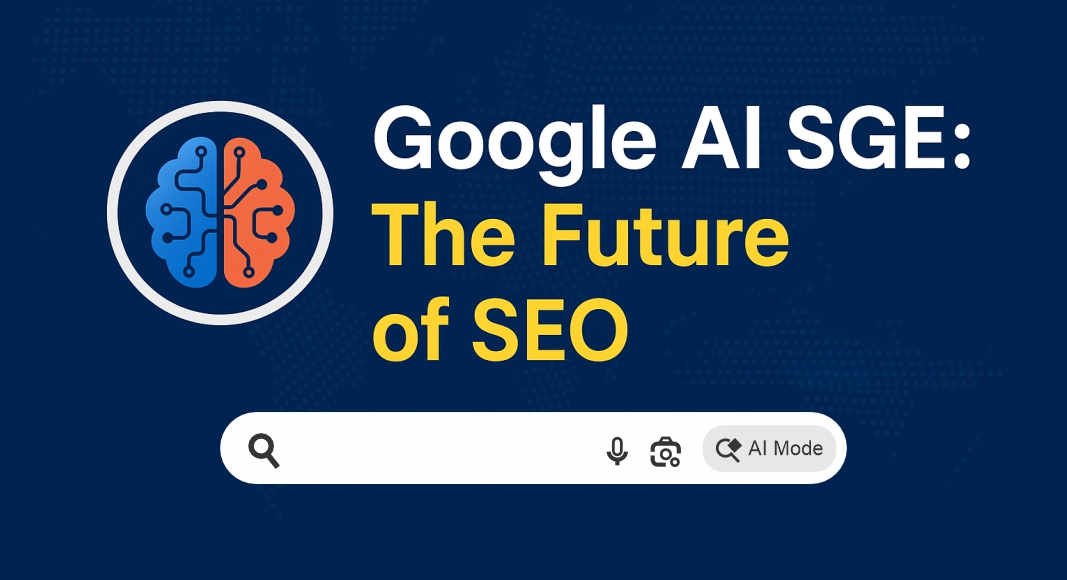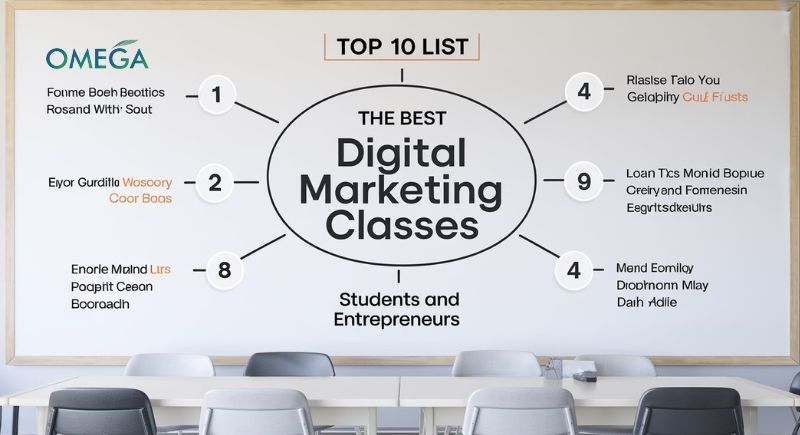Complete Guide On Digital Marketing

What is Digital Marketing?
Digital marketing refers to the use of digital channels, such as search engines, social media platforms, email, mobile apps, and websites, to promote products or services and build brand awareness. Unlike traditional marketing methods, digital marketing allows for highly targeted and measurable campaigns, which can be adapted and optimized in real-time for maximum effectiveness. It encompasses a wide range of tactics, including search engine optimization, social media marketing, email marketing, content marketing, affiliate marketing, e-commerce marketing, influencer marketing, video marketing.
The rise of digital technology and the internet has transformed the way businesses reach and engage with their target audiences. Digital marketing offers businesses the ability to connect with customers in real-time and deliver personalized messaging that resonates with their needs and interests.
Types of Digital Marketing
Digital marketing is the practice of promoting goods, services, or brands via the use of digital platforms and technologies. Following are forms of digital marketing, such as:
Search Engine Optimization (SEO):This is the process of making changes to a website’s content in order to improve its position on search engine results pages (SERPs) for particular words and phrases. SEO helps businesses attract more organic traffic and increase their online visibility.
Pay-Per-Click Advertising (PPC): PPC advertising involves placing ads on search engines or other websites and paying a fee each time a user clicks on the ad. PPC can be an effective way to reach a targeted audience and drive conversions.
Social Media Marketing: This involves using social media platforms such as Facebook, Twitter, and Instagram to promote products or services, build brand awareness, and engage with customers.
Content Marketing: This is the creation and distribution of valuable content (such as blog posts, videos, and infographics) to attract and retain a clearly defined audience and ultimately drive profitable customer action.
Email Marketing: Email marketing entails sending advertising messages to a specific audience through email. This can be an effective way to nurture leads, build brand loyalty, and drive conversions.
Affiliate Marketing: This is a performance-based marketing model where businesses partner with affiliates (such as bloggers or influencers) who promote their products or services in exchange for a commission on sales.
Influencer Marketing: Influencer marketing entails collaborating with social media influencers to market goods or services to their audiences. Influencers can help businesses reach a targeted audience and build trust with potential customers.
It’s important to note that these types of digital marketing often work best when used in combination with one another, as part of a comprehensive digital marketing strategy.
Importance of Digital Marketing
Digital marketing is essential for businesses of all sizes and industries in today’s highly competitive market. Following are some reasons why digital marketing is important:
Wide Reach: It enables businesses to reach a vast audience across the globe using digital channels such as social media, search engines, email marketing, and other online platforms.
Cost-Effective: Compared to conventional marketing strategies like print, radio, and television advertising, digital marketing is frequently more cost-effective. It offers businesses of all sizes an affordable way to reach their target audience.
Measurable Results: With digital marketing, businesses can track the effectiveness of their campaigns in real-time, enabling them to adjust their strategies as needed to achieve better results.
Targeted Marketing: It allows businesses to target specific groups of people based on demographics, interests, behaviors, and other factors. This means that businesses can tailor their messages to specific audiences, increasing the likelihood of conversion.
Increased Engagement: It offers businesses the opportunity to engage with their audience in real-time. Through social media, for example, businesses can respond to customer inquiries and feedback, building trust and loyalty.
Competitive Advantage: Businesses that invest in digital marketing have a significant competitive advantage over those that do not. Businesses now run the danger of falling behind their rivals in the digital age if they don’t have an online presence.
Advantages of Digital Marketing:
Wider reach: It allows you to reach a larger audience than traditional marketing methods, as the internet has a global reach.
Cost-effective: It is generally more cost-effective than traditional marketing methods, as you can reach a larger audience at a lower cost.
Targeted: It allows you to target specific demographics and audiences, so you can reach the right people at the right time.
Measurable: It is highly measurable, allowing you to track your campaigns and see how they are performing in real-time.
Personalization: It allows you to personalize your marketing messages to each individual, making it more engaging and effective.
Disadvantages of Digital Marketing:
Dependence on technology: It requires a lot of technology, which can be expensive and can sometimes fail, leading to a loss of data or missed opportunities.
Rapidly changing: It is constantly changing, with new technologies and platforms emerging all the time, which can be difficult to keep up with.
Overwhelming: With so many digital marketing channels available, it can be overwhelming to decide which ones to focus on and how to allocate resources effectively.
Privacy concerns: It often involves collecting and using personal data, which can raise privacy concerns and may result in regulatory compliance issues.
Lack of human connection: It is often impersonal, which can lead to a lack of human connection and trust between brands and consumers.









